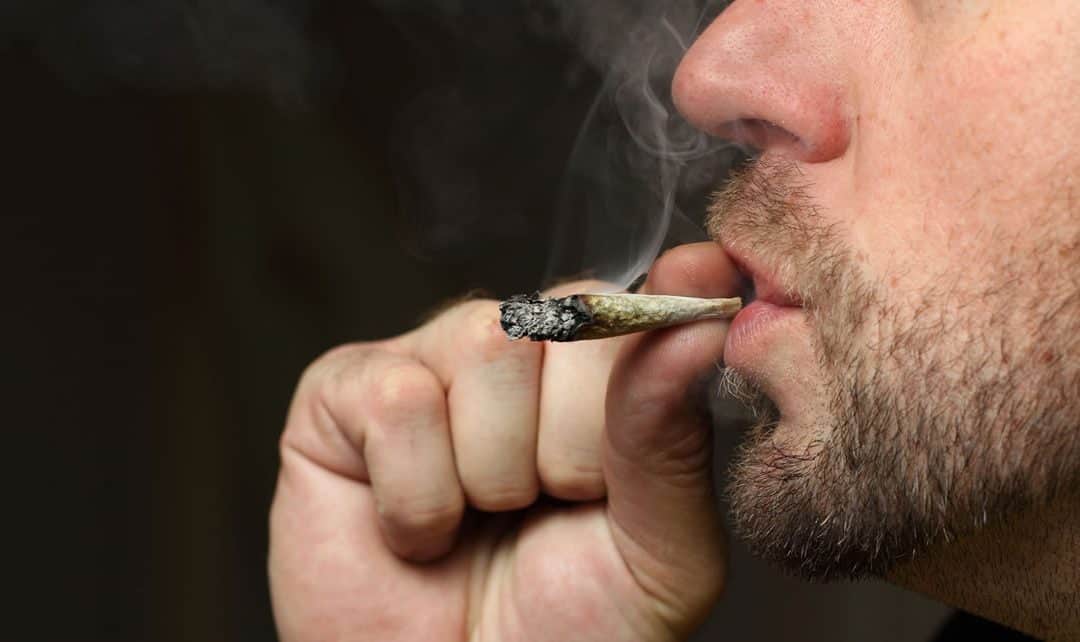Oct. 17 is right around the corner. When that date arrives, it will usher in a profound change in Canada, because it marks the point that smoking cannabis will be legal. Under the federal Cannabis Act, Canadians will be legally permitted to buy, possess, use and share up to 30 grams of cannabis, and to grow up to four marijuana plants at home.
But what condo owners and tenants may not realize is that the right to use cannabis is not unrestricted. The legalization of marijuana does not give people free rein to smoke just anywhere they like.
Instead, condo owners and tenants can still be subject to non-smoking rules, which are designed to protect fellow owners and residents from being subjected to unwanted second-hand smoke of all types.
In Ontario, these are customarily embedded in the rules and declarations published by the condominium corporation as part of the corporate structuring set out in Ontario’s Condominium Act, 1997. Under that act, condo corporations are entitled to make these rules to “promote the safety, security and welfare” of the owners and property, and to prevent the “unreasonable interference with the enjoyment” of the units and common elements.
When properly enacted, reasonable in scope and regularly enforced, these rules can legally prohibit any kind of smoking in common areas. (They may even ban smoking in the units themselves, although this can be a contentious issue: Some owners dispute that their condo corporation’s ban on smoking in units is needed to prevent “unreasonable interference with enjoyment”, or to promote owners’ “safety, security and welfare”).
From an enforcing perspective, there is really no distinction between tobacco smoking and marijuana smoking. Any rule that tries to differentiate between them, by banning marijuana smoking but not tobacco smoking, would likely not pass the test of “reasonableness” that the act requires. Residents are likely to find either kind of second-hand smoke equally offensive. Condo corporations may want to “cover all bets” by enacting separate rules to cover marijuana specifically or may want to shore up existing no-smoking bans to mention that marijuana is included.
For a condo corporation to validly pass these kinds of rules in the first place, it must alert the owners and requisition a meeting, as the legislation requires. Owners can veto a proposed rule if at least 25 per cent of them attend the meeting and vote against it.
Even if validly passed, a smoking ban can still be challenged by owners on the basis that it is unreasonable – meaning that it does not have a rational or logical basis. Alternatively, it can also be challenged on human rights grounds, since under the provincial legislation a condominium corporation may have a duty to accommodate a proven disability on the part of an owner. At least theoretically, this means that in some cases a condo corporation may have to tolerate medical marijuana use among its unit-owners.
Even though passing of the Cannabis Act will mark some significant changes in Canada surrounding the use and availability of marijuana, from the standpoint of a condo corporation’s ability to pass valid non-smoking rules for its owners and tenants, there may be very little change.
Otherwise-valid rules that ban smoking by condo owners and tenants will not be illegal. The usual processes governing owners’ ability to veto new rules and challenge them on certain grounds will still apply.
Indeed, what many condo corporations have done in recent months is to hasten their efforts to pass condo rules that prohibit all smoking inside units, on balconies or in common areas. Others have added rules to ban the cultivation of cannabis, to circumvent the four-plant individual allowance that the Cannabis Act includes or have included provisions that restrict a building’s concierge to accept marijuana deliveries on behalf of residents, as a means of limiting corporate liability. But in order to be in place for the Oct. 17 enactment of the cannabis law, the deadline for initiating these bans was Aug. 13.
Toronto lawyer Martin Rumack’s practice areas include real estate law, corporate and commercial law, wills, estates, powers of attorney, family law and civil litigation. He is co-author of Legal Responsibilities of Real Estate Agents, 4th Edition, available at the TREB bookstore and at LexisNexis. Visit Martin Rumack’s website.













